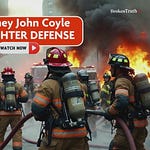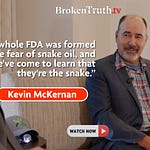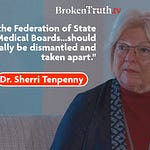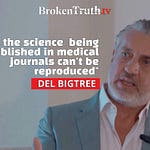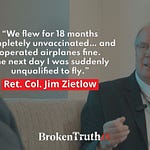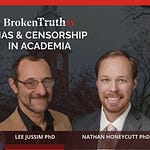At a recent Freedom Council panel, a group of distinguished attorneys, including Alan Reinach Esq, Steven Warshawsky, Tom Connors, Sujata Gibson, and Rachel Rodriguez, dove deep into the intricacies of religious exemptions and employer mandates in the context of the Supreme Court's decision in Gerald Groff v. United States Postal Service. Here's a breakdown of the key points discussed:
Groff's Impact on Religious Accommodation:
The Supreme Court's decision redefined "undue hardship" under Title VII, moving away from the "de minimis" standard to a requirement that employers must show substantial burden or cost to deny religious accommodations. This shift was described by Alan Reinach as a "gift" to those advocating for religious freedoms in the workplace.
The case involved Gerald Groff, a postal worker who was dismissed for refusing to work on Sundays due to his religious beliefs. This case highlighted the necessity for a fact-specific inquiry into what constitutes an undue hardship, potentially leading to more cases reaching jury trials.
Navigating Legal Challenges:
Administrative Procedures: Before heading to court, employees must file claims with agencies like the EEOC for a right-to-sue letter. The choice between federal or state routes was discussed, with state laws sometimes offering better protections or fewer hurdles.
Legal Theories and Claims:
Harassment and Retaliation: Rachel Rodriguez pointed out scenarios where employees felt pressured or retaliated against for not getting vaccinated, drawing parallels to traditional harassment claims where employment conditions are tied to altering personal beliefs or practices.
Constitutional Claims: Sujata Gibson outlined potential constitutional angles, including free exercise, establishment clause, and equal protection claims, emphasizing how vaccine mandates could infringe on these rights by not being neutral or generally applicable.
Pleading Religious Beliefs: Tom Connors and others stressed the importance of clearly articulating religious beliefs in legal pleadings, ensuring they are framed in a way that courts cannot easily dismiss. This includes using language that ties beliefs to a higher moral code or divine guidance.
Employer Scrutiny and Sincerity:
The panel debated employer rights to question the sincerity of religious beliefs. There was consensus that while sincerity could be questioned, the process should not devolve into a "heresy inquisition." Sujata Gibson referenced legal precedents that caution against government entanglement in defining what constitutes a religious belief.
Interactive Process: Unlike the ADA, Title VII doesn't specifically mandate an interactive process for religious accommodations, but courts have inferred a requirement for cooperation in good faith between employee and employer.
Defense Against Claims:
Undue Hardship: Post-Groff, employers need to demonstrate a substantial burden, not just a minor inconvenience. The panel discussed tactics to counter employer defenses, particularly around economic or logistical impacts, and emphasized the necessity of individualized assessments.
Expert Witnesses: The importance of expert testimony, especially in cases involving health and safety, was highlighted. Steven Warshawsky noted the strategic use of experts to contest the effectiveness of vaccines in workplace safety arguments.
Future Directions and Strategies:
Collaboration: Suggestions were made for lawyers to work together, particularly in preparing expert witnesses for depositions to streamline legal efforts across similar cases.
Privacy and Other Claims: There was discussion on combining religious discrimination claims with privacy issues, especially when employers delve into personal religious beliefs in a manner akin to medical inquiries under the ADA.
Legislative and Judicial Watch: The panel underscored the need to stay updated with legislative changes and judicial interpretations, particularly after significant rulings like Groff, which could influence future cases.
The panel concluded with a call for continued collaboration among legal professionals to advocate effectively for religious freedoms in employment settings, reflecting on how recent legal changes have reshaped this landscape.
Attorneys can join Freedom Counsel by visiting FreedomCounsel.org.


